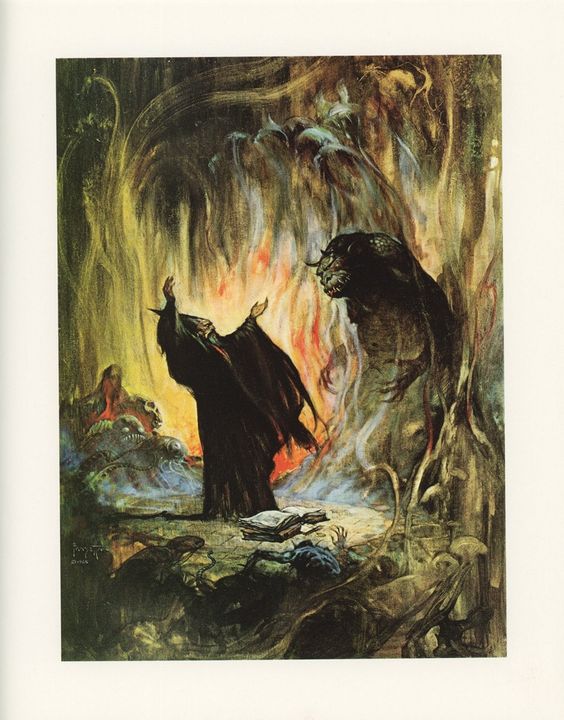Magical texts are used to record spells and rituals. When a witch reads a spell from the book, the magical power is activated, releasing the power within to perform it. However, the main issue with texts is that they are subject to wear and tear. The magic within the book is constantly leaking, spilling out into the outside world. Using the book for a spell also adds to the degradation and increases the damage to the item, ultimately destroying it entirely. This can cause damage to the surrounding environment as well as the user itself.
To combat this problem, a process has been developed which binds magical books with human skin, called Anthropodermic bibliopegy. The epidermis contains Mana lines within it that controls the flow of magic within the human body. This serves as a conduit for the Mana which protects the user from being destroyed by their own power. By binding books with human flesh, it keeps the magic power within the text, preventing it from leaking. Overtime, this can even make the magic more potent when used. When a book needs to be made, a slave is skinned alive and the remains are used to bind a book, which is then sold on the market or used by the individual witch. Like fine wine, these books can be put on a shelf and aged to upgrade potency and increase its value, with the oldest books being worth the most.
This has led to an industry which trades in ancient texts of this nature. Rich investors, collectors, and witches bid and collect these items as a way of storing wealth, similar to oil paintings by famous artists. The famous phrase " Gotta collect'em all" has become synomonous with the industry, as millionaires and billionaires attempt to build their own private collection of magic texts. In time, this would lead to a consolidation of magical power held in the hands by a few individuals.
This scenario needs to be discouraged. What would prevent these texts from being held in close proximity with each other?

